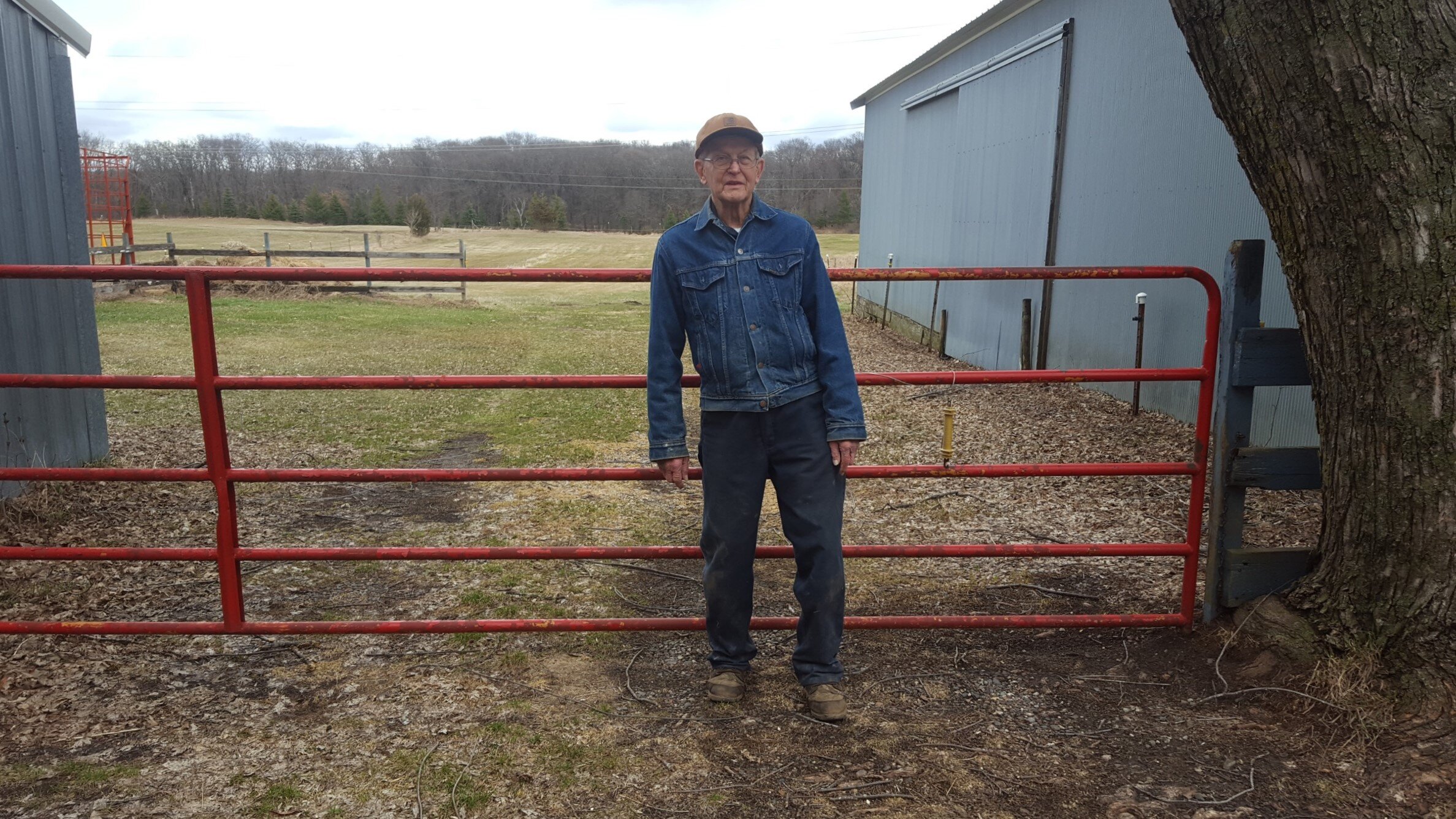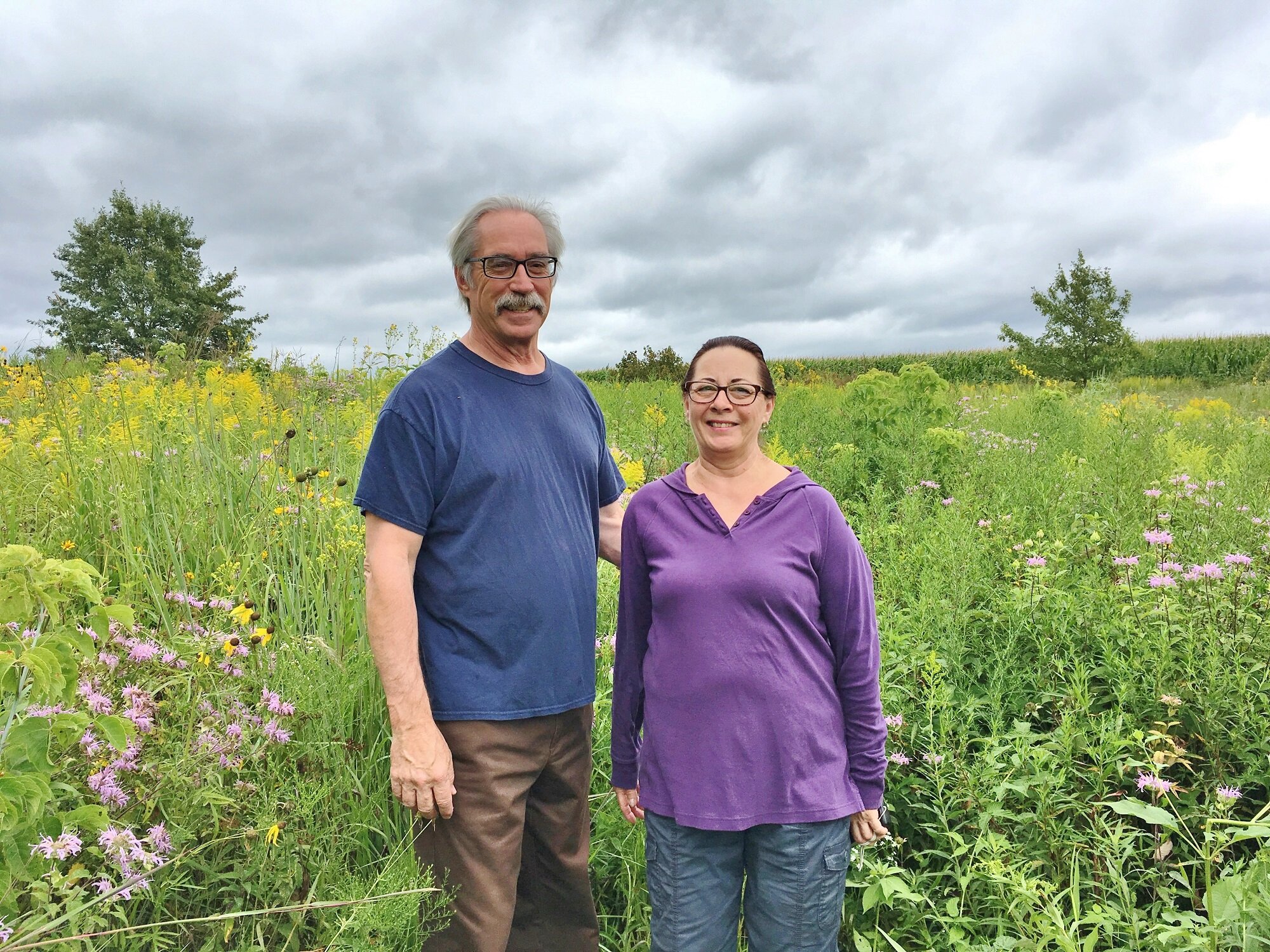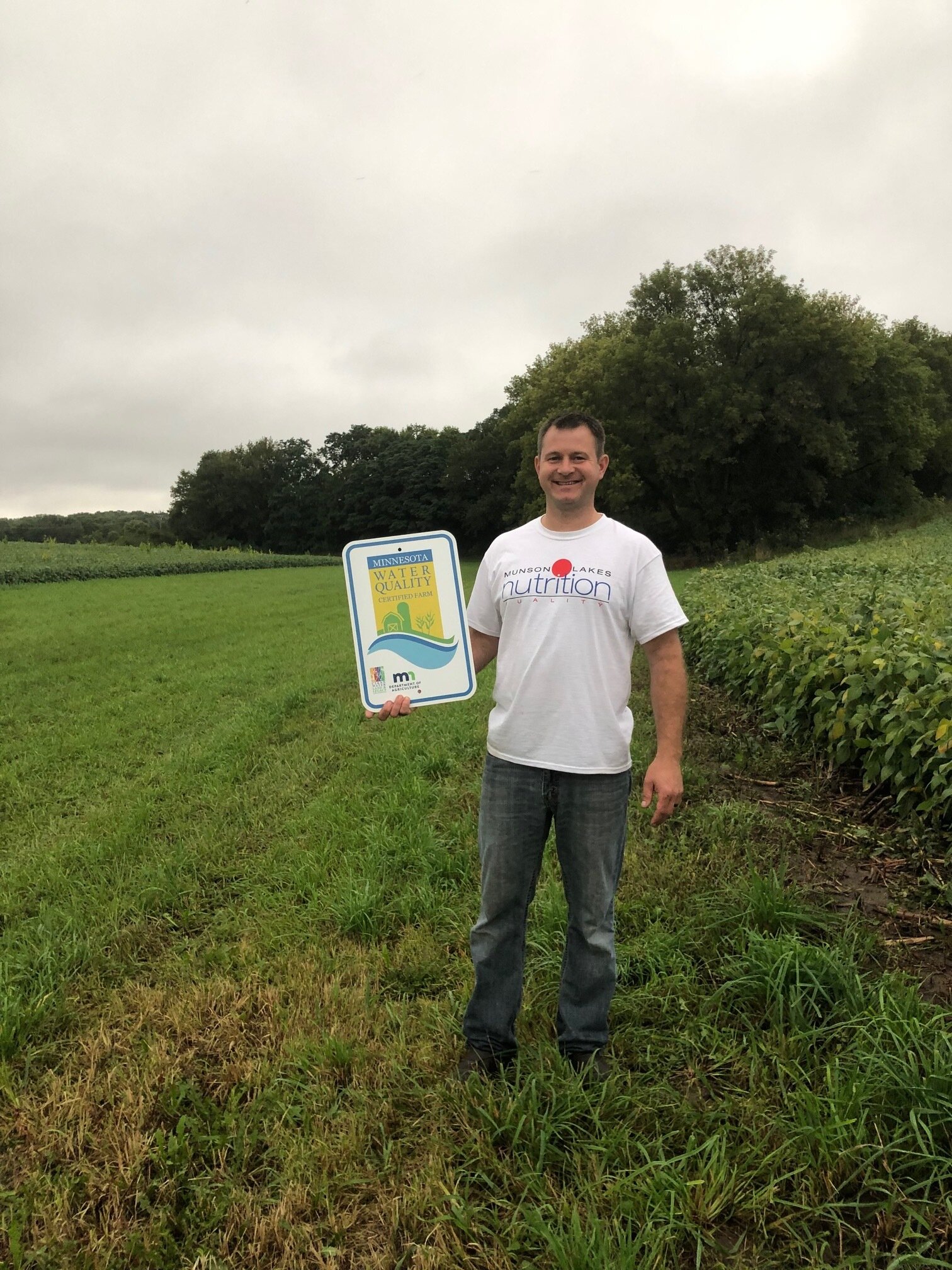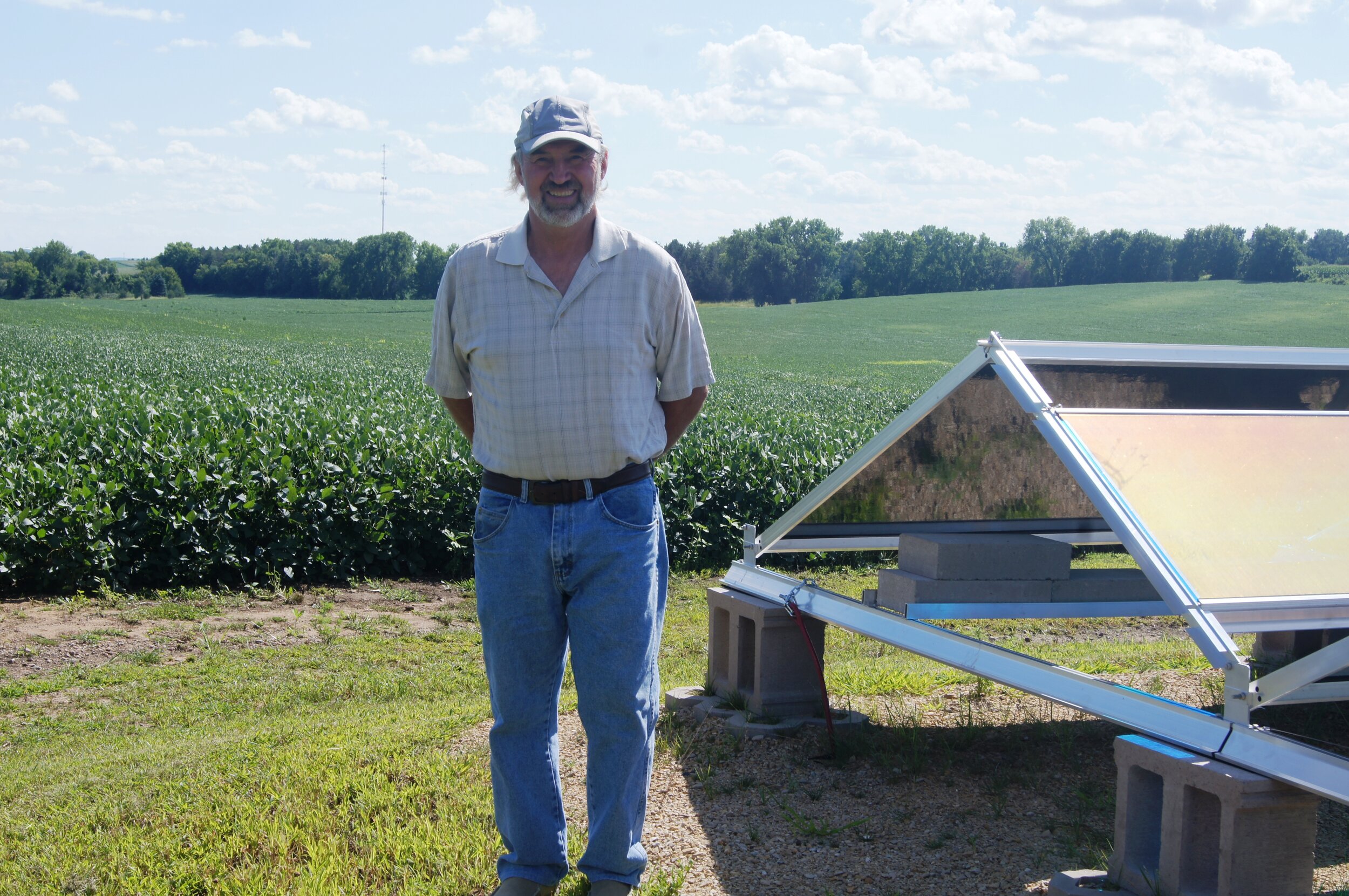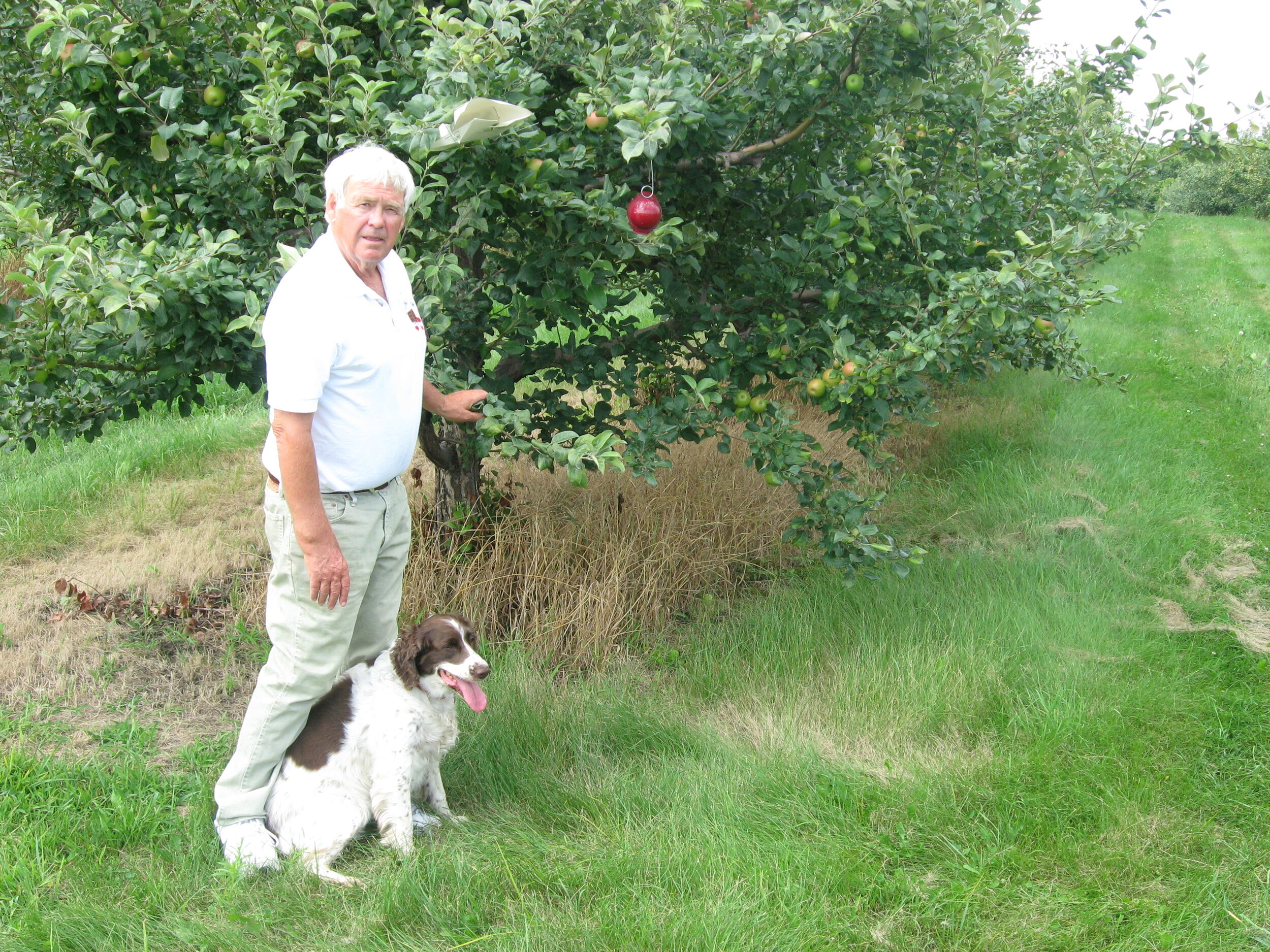Sustainable agriculture
Whether you operate a multi-generation farm, have a few backyard chickens, or rent cropland to a local farmer, we’re available to help.
Call our office to learn about incentive payments for cover crops, nutrient management, prescribed grazing, and conservation tillage.
We can also help you to repair gullies, convert cropland to prairies, reduce runoff to lakes and rivers, manage invasive species, and protect groundwater drinking supplies from nitrogen contamination.
Lower St. Croix resources for farmers: www.lsc1w1p.org/farmers
Meet some of our many conservation partners
Livestock Resources
Cropland Grazing Exchange (MDA)
presentations from workshops
Soil Health: Success in Your Soils - Jennifer Hahn
Virtual Soil Health Field Day 2020 Webinar
Perennial crops - Pete Widin
Conservation grazing - Kent Solberg
Conservation planning - Mary Jo Youngbauer
Resources for Emerging, BIPOC, AND Immigrant farmers
Government:
Minnesota Department of Agriculture Provides resources including a Beginning Farmer Tax Credit, programs for emerging farmers, farm advocates, and a farm/property listing service (MN FarmLink).
Institute for Agriculture and Trade Policy – Minneapolis Office Focuses on policy, rural climate dialogues, food safety, and climate/food-related podcasts. You can find them at 1700 Second Street NE, Suite 200, Minneapolis, MN 55413.
Minnesota Pollution Control Agency Offers potential grants related to air, water, and climate, which may indirectly benefit farming operations.
The Soil Health Opportunities & Tools Fund (SHOT Fund) - EQIP Bridge Loan Program Offers interest-free bridge loans to cover the upfront costs of installing USDA Environmental Quality Incentives Program (EQIP) practices.
Educational Institutions:
UMN Extension – Managing a Farm Offers research-based answers on farm management, business resources (farm bill, finance, legal, marketing), and a Farm Information Line. Additional contacts can be found at Contact Managing a Farm and Washington County Extension Resources at Washington Extension Contacts.
UMN Extension - Legal and Mental Health Resources for Farmers Offers resources for difficult times, including counseling, advocacy, legal, and referral services. You can find support for coping with rural stress, a farm info hotline, and farmer legal mediation resources at Coping with Rural Stress.
AgCentric A Minnesota State Agricultural Center of Excellence promoting agricultural education, career pathways, and rural mental health resources.
Minnesota Institute for Sustainable Agriculture (MISA) Provides farm and food resources, including training programs, publications, and additional resources for beginning farmers (e.g., land stewardship, financing).
Associations:
Minnesota Farm Bureau Through its Foundation for Agriculture, it supports farmers and agriculturalists, connects agriculture to consumers, and provides resources to rural communities.
Sustainable Farming Association Offers farmer consulting, silvopasture and agroforestry technical assistance, and grants.
MN Council of Nonprofits – Job Board A job board that may list opportunities within agricultural non-profits.
Nonprofits & Collectives:
Midwest Farmers of Color Coalition Focuses on advancing farmers of color through initiatives like the Radical Resource & Land Fund and a Cultivators Fund.
Latino Economic Development Center (LEDC) - Business Development Provides comprehensive agricultural business programs, including technical assistance, business development, access to capital and markets, and organic/GAP certification support for Latino farmers.
Hmong American Farmers Association (HAFA) Works to provide Hmong farmers with long-term, affordable land access, including operating an incubator and research farm.
Farm Aid Offers a hotline (1-800-FARM-AID), an online assistance request, a Farmer Resource Network, and guides on topics like farm stress and disaster support.
Renewing the Countryside Shares knowledge, connections, and resources through technical assistance, farmer-buyer networking, and support for accessing wholesale markets.
Land Stewardship Project Supports new and established farmers through courses (Farm Beginnings, Journeyperson), workshops, farmland access resources, and a farmer network.
National Sustainable Agriculture Coalition Provides a Grassroots Guide to Federal Farm and Food Programs and resources specifically for beginning and socially disadvantaged farmers, including information on microloans and various USDA loan programs.
The Good Acre Offers grower support including innovation and research, logistical support, market access, cold storage, food safety training, and grant application support.
Greater Minneapolis Council of Churches (GMCC) – BIPOC Farmer Programs Aims to build a BIPOC-led agricultural cooperative, providing access to land, equipment, technical assistance, and market power.
MN Soil Health Coalition Supports farmers in adopting and implementing soil health practices.
Additional Legal & Mental Health Resources for Farmers:
Minnesota Farm and Rural Helpline: Free, confidential, and available 24/7. Call 1-833-600-2670 x 1 for support with stress, anxiety, depression, or suicidal thoughts.
Minnesota Rural Mental Health Specialists:
Ted Matthews: 320-266-2390 (generally serves south of Highway 12)
Monica McConkey: 218-280-7785 (generally serves north of Highway 12) These specialists offer no-cost, no-paperwork services to farmers across Minnesota.
Minnesota Farm Advocates - "Farmers Helping Farmers": Provides free, one-to-one assistance to Minnesota farmers facing crises due to natural disasters or financial problems. Call their hotline at 1-800-967-AGRI (2474).
Farmers' Legal Action Group, Inc. (FLAG): A nonprofit law center dedicated to providing legal services to family farmers and rural communities. Call 1-877-860-4349.
The Minnesota Family Farm Law Project: Offers free or reduced-cost legal assistance to financially distressed family farmers in Minnesota, prioritizing cases to prevent foreclosure and repossession of essential farm assets. Call their toll-free information and referral line at 1-800-233-4534.
Last Updated – May 22, 2025


